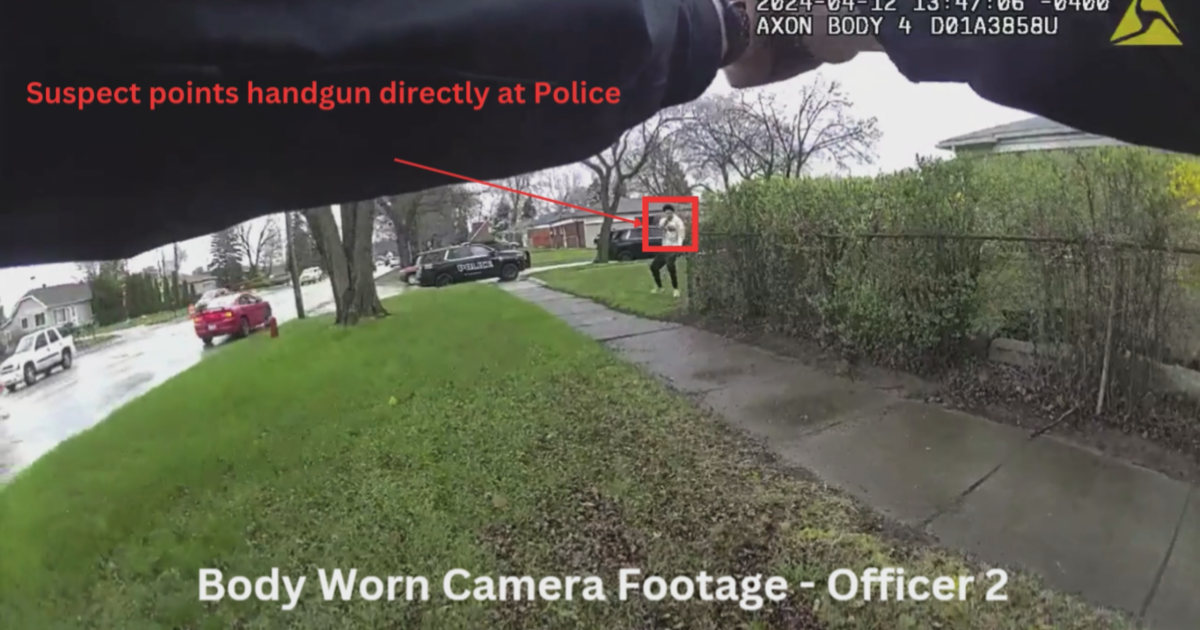What To Do When You See An Intruder In The House
By Lori Melton
Over 1.5 million burglaries happened in 2015, per FBI Uniform Crime Reporting (UCR) statistics. Of those, residential burglaries account for 71.6 percent of burglary offenses, which means over 1 million burglaries occurred in homes that year. That's a frightening number. While burglars frequently target unoccupied homes, you need to know what to do if you sense an intruder in your home while you are there. Check out these tips below.
Stay Calm and Stay Put
Staying calm is easier said than done. However, it's very important not to panic if you sense someone is in your home. First, listen very closely to the sounds you are hearing. Was there breaking class, footsteps, shuffling around, or other sounds of a human presence? You want to try to verify an intruder is making the strange sounds you hear instead of your pet, the wind, or another family member – without charging toward them or making yourself seen.
According to Bureau of Justice statistics, over 1 million homeowners were present during household burglaries committed between 2003 and 2007 and 266, 560 of them became victims of violent crimes during the burglary. While 15 percent of those crimes were simple assaults, serious injury accounted for nine percent of those.
So, you want to do everything you can to avoid adding to those statistics. If you do not engage a burglar and remain undetected, you have a better chance of staying unharmed.
Call the Police
You should always dial 911 immediately if you sense an intruder in your home so the emergency operator can contact the police and dispatch them to help you. When you make this call, again, it's important to stay calm and whisper, so the intruder doesn't hear you. Speak slowly and as clearly as possible so the dispatcher knows where to send help. If you feel you can't talk at all without being heard, try using the Text-to-911 help function instead. This system was put in place for deaf and hearing impaired people, and would be very helpful if an intruder is too close for you to make a 911 voice call.
Also, this point illustrates how important it is to keep a charged cell phone nearby and accessible if you are home when a burglar breaks in. They could potentially cut a telephone landline. But, a cell phone is wireless and can't be compromised by the intruder. Making a 911 call or text during a break in is a critical part of getting the help you need. Furthermore, don't ever hesitate or debate calling for help and always call 911 instead of calling a friend or family member.
Finally, try to stay on the line until the police arrives. In this sense, the 911 dispatcher can calm and guide you through this emergency while you're waiting for help.
Stay Quiet
This advice may seem like common sense. But, you can alert an intruder to your presence if you make sudden movements and noises during a break in. Try not to wail and cry in a state of panic. In most cases, burglars want to take your stuff and get in and out as fast as possible without being caught. No material possession is ever worth risking your life. Try to stay as quiet as possible until the burglar hopefully leaves or help arrives.
Quietly Alert Other House Members
Always call for help first, before alerting others. Let the emergency dispatcher guide you about informing other family members. Average police response time is 10 minutes nationwide. Wait for help to arrive if you can. But, if you need to alert family members for their safety, do it carefully and quietly, after you call 911.
If there are children home, lock their doors, if possible, to prevent a burglar from entering their rooms. You don't want children to panic and scream or cry to make a burglar aware of your presence. When moving about to alert others, creep slowly and quietly to avoid detection and always whisper or use hand signals to communicate.
Evaluate If You Should Escape
Break ins are scary and can potentially turn violent. If it's obvious an intruder intends to hurt you or your family, you should seek the closest escape route. Look for a window you can climb through or a door you can use to make a fast getaway if necessary. If you don't have an easily accessible escape option, then find a safe place to hide until help arrives or the intruder leaves your home.
Protect Yourself if Necessary
In all cases, you must do what you need to do to protect yourself and your family during a home invasion. Always remember your material possessions are not worth risking harm or fatality at the hands of an intruder. If you are facing imminent physical harm, surrender your things if you are forced to do so and use any means you can to defend yourself against your attacker.



